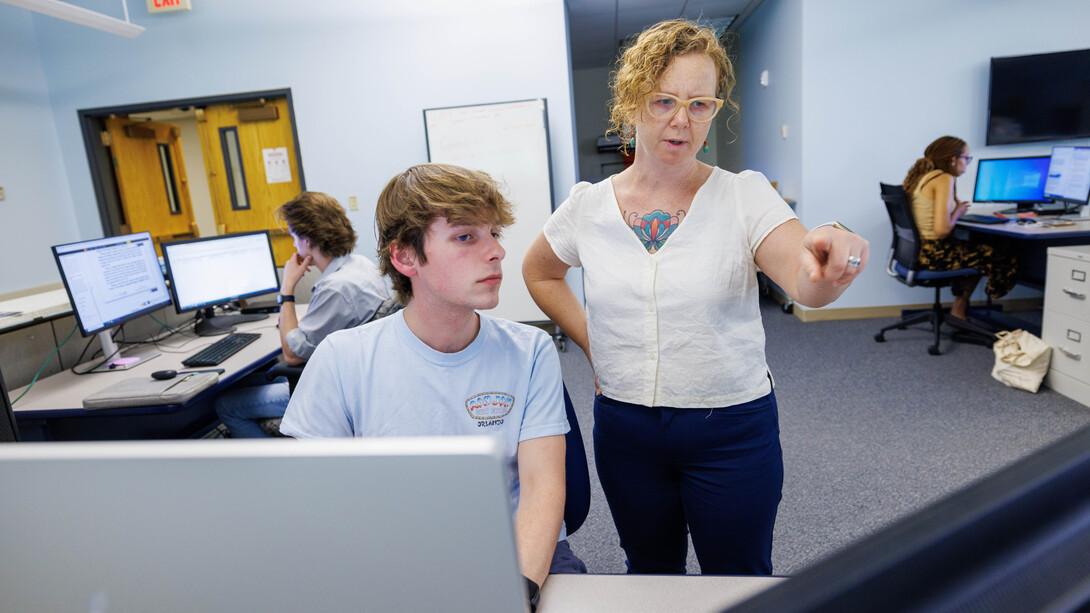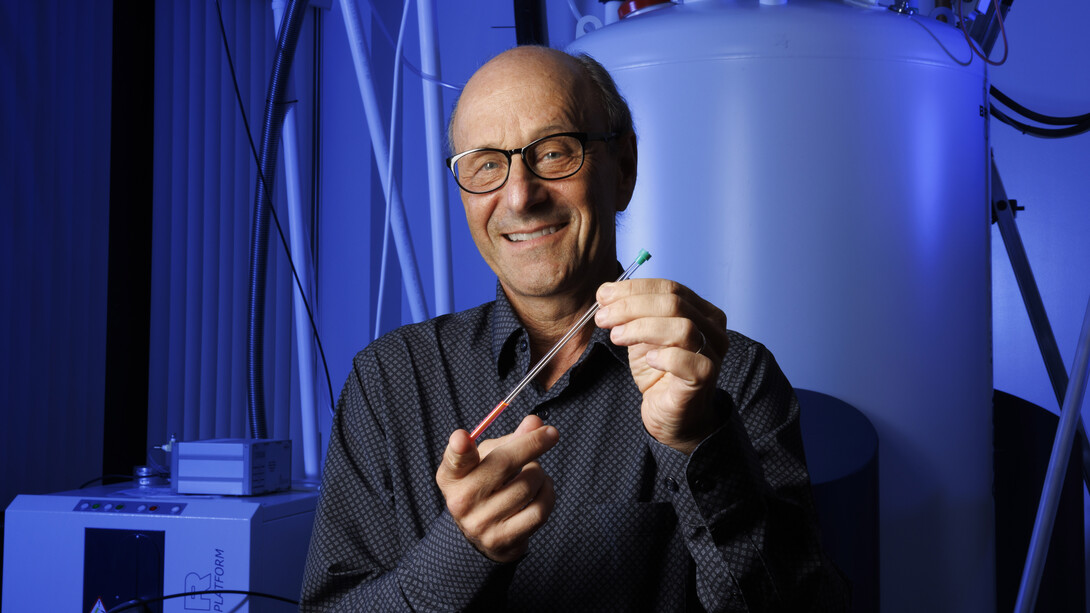
Deirdre Cooper Owens, Wilson Professor of History and director of the Humanities in Medicine program, was cited in a June 1 article in The Nation on whether the COVID-19 crisis might be a turning point in the fight against racial disparities in health care. She argues that racism meets the CDC’s criteria for declaring a public health threat: It puts a significant burden on society and disproportionately affects part of the population; current measures to address it are inadequate; and a coordinated, broad approach is necessary in response. She was also featured in a June 22 column by the Lincoln Journal Star’s Cindy Lange-Kubick on medical racism.
• • •
Patrick Jones, associate professor of history and ethnic studies, and Cynthia Willis-Esqueda, associate professor of psychology, were interviewed for a June 7 Associated Press article on the George Floyd protests spreading to smaller, mostly white towns. Jones said the protests reflect long-simmering anger over implicit discrimination. Willis-Esqueda said social media has made it easier to publicize and organize rallies, while the pandemic has driven up unemployment and economic anxiety among minorities who were already struggling financially. The story was picked up by 250-plus media outlets.
Willis-Esqueda was also interviewed for a June 11 Vox story on whether more white Americans talking about systemic racism and police brutality will translate into action. “Psychologically, people are upset; they’re motivated to take action,” she said. “My hope is that we create some kind of meaningful change.”
• • •
Sergio Wals, associate professor of political science and ethnic studies, was interviewed for a June 10 USA Today article looking at data surrounding the recent Black Lives Matter protests. Nebraska may be mostly white, but it has one of the fastest-growing foreign-born populations, Wals said. Protests in Lincoln and other parts of the state may reflect growing diversity, he said, but many people were also moved by the brutality they saw in the video of Floyd being held down by officers.
“Whomever watched those painful 8 minutes and 46 seconds, that’s just the trigger, that’s just the tipping point for a lot of people,” he said.
• • •
Lory Dance, associate professor of sociology and ethnic studies; Kwakiutl Dreher, associate professor of English and ethnic studies; Jeannette Jones, associate professor of history and ethnic studies; and Patrick Jones were also interviewed for June stories on the topics in the Lincoln Journal Star (1, 2), NET News (1, 2) and Omaha World-Herald.
• • •
Chigozie Obioma, assistant professor of English and acclaimed author, recently received an International Literature Award from Berlin’s House of World Cultures for his second novel, “An Orchestra of Minorities.” DW.com and several other media outlets published stories on the award winners.
“An Orchestra of Minorities” was included in a June 8 London Evening Standard list of fictional works by black authors to help people diversify their bookshelves. The article described the novel as a “deft reimagining of Homer’s ‘Odyssey’ with Nigerian Igbo traditions at its forefront.”
Obioma was also included in a June 25 Literary Hub article on writers’ favorite children’s books. He said the books that have stuck with him since childhood include “The Palm-Wine Drinkard” by Amos Tutuola; “Hamlet,” “Macbeth” and “Romeo and Juliet” by William Shakespeare; “Ogboju Ode Ninu Igbo Irunmale” by D.O. Fagunwa; and “The Sugar Girl” by Kola Onadipe.
• • •
A new study co-authored by Jay Storz and Anthony Signore, both biological sciences, has traced the evolutionary history of hemoglobin, discovering that just two mutations helped transform the two-part architecture of a predecessor into the four-part form boasted by the modern protein. Technology.org ran a June 11 article on the research.
• • •
David Berkowitz, chemistry, was featured in Chemistry World’s “Chemists Amid Coronavirus” series on June 16. He recently began his appointment as director of the National Science Foundation’s Division of Chemistry. He also continues to conduct research at Nebraska.
• • •
Doug Schultz, Center for Brain, Biology and Behavior; and Matt Johnson, psychology, recently participated in an international study showing that functional MRI analyses are far from black-and-white. Technology.org ran a June 17 article on the study.
• • •
Kelsy Burke, sociology, and Emily Kazyak, sociology and women’s and gender studies, co-wrote a June 22 piece for The Conversation on the U.S. Supreme Court’s recent ruling putting LGBTQ rights and religious freedom on a collision course. They wrote that it will be up to the courts to decide whose claim to protection has the greater validity. More than 70 media outlets picked up the article.
• • •
Debra Hope, psychology, was interviewed for a June 27 New York Times article on managing anxiety as much of the United States reopens amid the COVID-19 pandemic. She recommended starting a journal to write down the things one misses most and that one gradually wants to reintroduce into one’s life, then assessing each activity and coming up with a plan for how to do it safely. She suggested viewing this time period as an opportunity to weigh whether one wants to continue past relationships and activities.
• • •
A new study co-authored by Philip Schwadel, sociology, found that emerging adults with same-sex attraction are twice as likely to disaffiliate from organized religion than their heterosexual peers, but there was little change in prayer. Stories on the research appeared in The Medical News, Phys.org, Science Codex and Scienmag.


